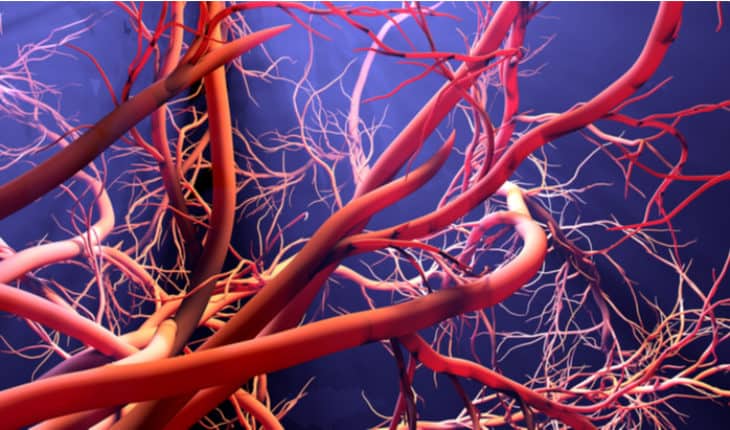Researchers at the University of Eastern Finland have discovered previously unknown non-coding RNAs (ncRNAs) involved in regulating the gene expression of vascular endothelial growth factors (VEGF), the master regulators of angiogenesis. The study, conducted by the research groups of Associate Professor Minna Kaikkonen-Määttä and Academy Professor Seppo Ylä-Herttuala, provides a better understanding of the complex interplay of ncRNAs with gene regulation, which might open up novel therapeutic approaches in the future. The results were published in the Molecular and Cellular Biology Journal.
Over the past years, the development of next generation sequencing techniques has revealed that around 97% of the human transcriptome is transcribed as non-coding RNAs, and although the role of the vast majority remains uncharacterized, many functions such as gene regulation have been proven.
On the other hand, endothelial growth factors VEGF-A and VEGF-C are the main regulator of angiogenesis, i.e., new blood vessel formation. Due to their important role in vasculature development, they constitute a potential target for the treatment of several diseases, such as atherosclerosis. Therapeutic angiogenesis has been developed as a promising strategy to rescue ischemic tissues by induction of new blood vessels sprouting from existing vasculature but so far, very few results with clinical significance have been achieved. Therefore, a deeper understanding of the regulatory mechanisms underlying the expression of these key angiogenic factors is needed for the future therapeutic avenues.
In this study, researchers performed in-depth characterization of the genomic loci around the VEGFA and VEGFC genes and identified novel non-coding RNAs, in particular enhancer RNAs (eRNAs) and long non-coding RNAs (lncRNAs). While the enhancers clearly upregulated gene expression, lncRNAs demonstrated various functions. Interestingly, lncRNAs were also regulating other targets including factors related to endothelial functions, such as angiogenesis and cell proliferation.
This study was funded by the Centre of Excellence in Cardiovascular and Metabolic Diseases, the Academy of Finland, the European Research Council (ERC), Sigrid Jusélius Foundation, the Finnish Foundation for Cardiovascular Research and the Finnish Cultural Foundation.
- New lipid-based pathway discovered as key to memory formation - 25th June 2025
- Crucial link could explain how Alzheimer’s takes hold - 25th June 2025
- Understanding Your Mind Can Improve Daily Life - 25th June 2025






